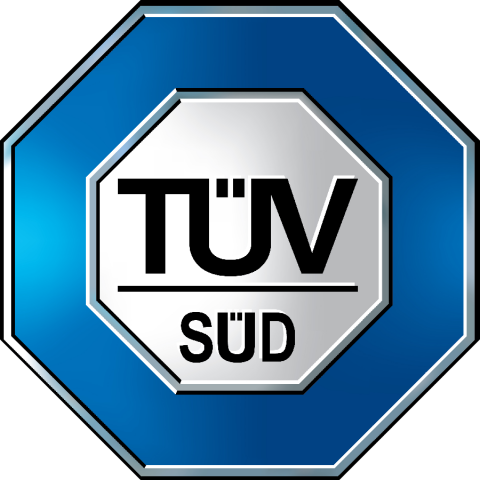Purpose
To develop a private technical standard that will lead to an International Workshop Agreement for safe and sustainable off-grid community scale sanitation technologies to ensure safe and sustainable solutions for the poor in developing countries
Activities
The Omni-Processor program aims to develop low-cost approaches for processing fecal sludge and the combined processing of fecal sludge and solid waste. The goal is to develop processors that are smaller than traditional treatment plants, with each processor supporting some 1,000 to 100,000 residents. Ideally, processed waste will be converted into products, forms of energy, or fertilizers and other soil amendments, which can generate revenue and thereby offset waste collection costs and increase people’s standard of living. Currently, there is no single international accepted and applicable standard available for Omni Processor type technologies – community scale, non-centralized, sustainable, sewage & solid-waste treatment systems – targeted at developing countries. These low-cost approaches should result in systems which are smaller than traditional waste treatment plants should help in addressing fecal sludge management where the failure of the traditional centralized/sewered and existing decentralized sanitation ecosystem results in risks to human and environmental health and safety. The lack of a standard results in scattered technology development, failure of installed systems, the pursuit of non-suitable technologies and the lack of innovative solutions or ability to compare the promise of possible solutions.
Countries of activity
Location of main activity
Objectives
Goals: The development of a private technical standard that will lead to an International Workshop Agreement for safe and sustainable off-grid community scale sanitation technologies and will help ensure that only safe and sustainable solutions are being procured, installed and used for the benefit of the poor in developing countries.
Objectives: The technical standard will ensure that a certified system will meet a clear set of health and environmental safety and regulatory parameters and support the comparison of performance enabling informed decisions. The standard will also provide a common, transparent basis that promotes both technology development and commercial adoption.
Further information
Research or implementation partners: TÜV SÜD initially developed a private technical standard with a selected group of experts, which was taken as the basis for an ISO International Workshop Agreement (IWA 28:2018, published in April 2018) document. Supported by American National Standards Institute (ANSI), Association Sénégalaise de Normalisation (ASN) and the foundation as the Chairman for Project Committee (PC) 318, IWA 28 is currently under development into a full ISO standard.
Update on 11 Oct 2018:
Biggest successes so far: The formation of PC 318 follows the successful publication of International Workshop Agreement (IWA) 28, Faecal sludge treatment units – Energy independent, prefabricated, community-scale resource-recovery units – Safety and performance, in April 2018. Supported through a grant from the Bill and Melinda Gates Foundation, TÜV SÜD led the development of the private standard that served as the basis for the IWA. TÜV SÜD will now serve as the Secretariat of the Singapore National Mirror Committee, which will represent Singapore in providing input on the developing standard.
Main challenges / frustration:
Getting the right technical experts on board, getting consensus amongst the diverse stakeholders, working on an aggressive timeline
Grant size: USD $2,011,387
Alternativ spelling for searches: TUV SUD
Contact information
CHAN Mei Yee
Login to see the e-mail-adress of the contact person.
Filter tags
Bill & Melinda Gates Foundation Community sanitation East Asia & Pacific Faecal sludge treatment processes Global Market development North America Political processes and institutional aspects Politicians and local decision makers Private sector, including social enterprises Resource recovery Sub-Saharan Africa Technology comparisons Treatment of faecal sludge
Links

Uploaded by:
danijela milosevic (milli)















